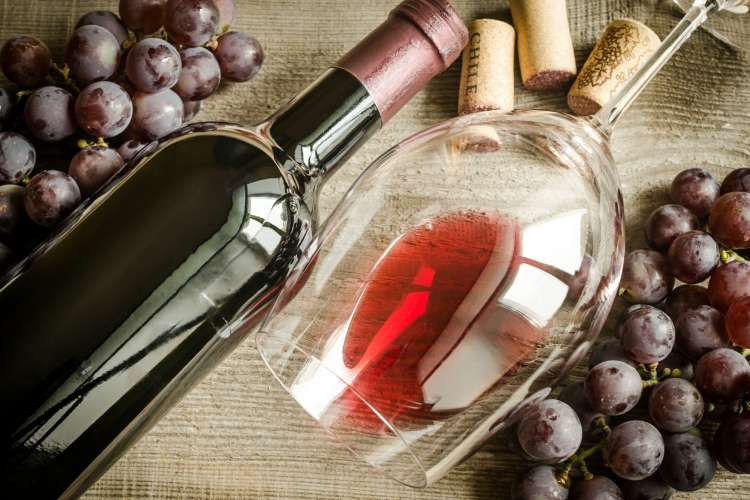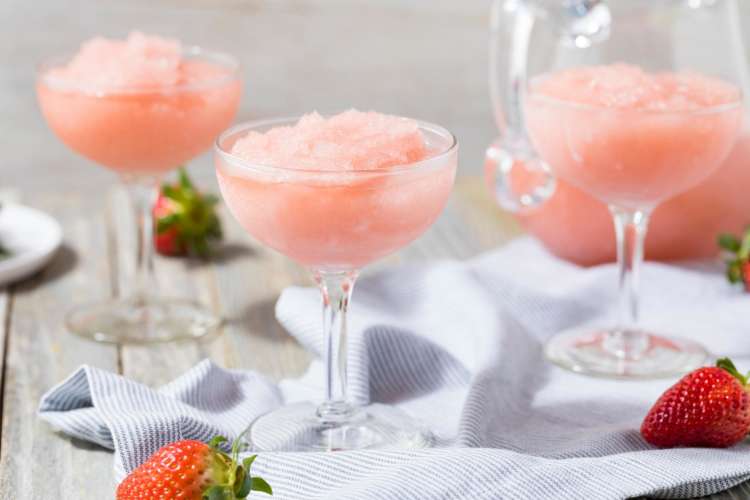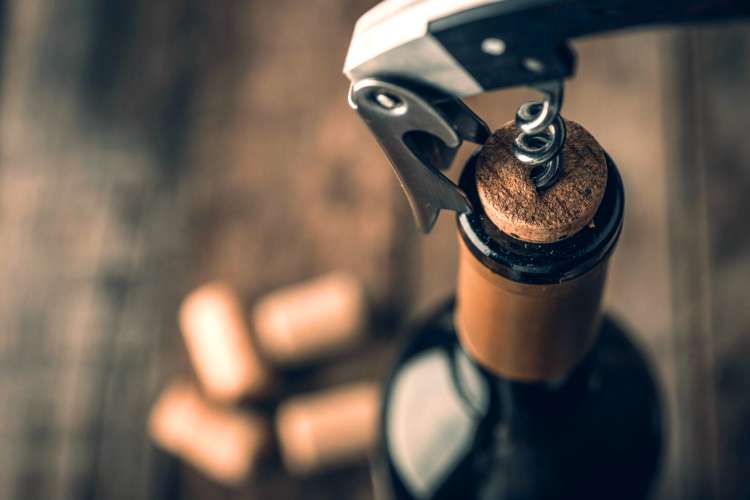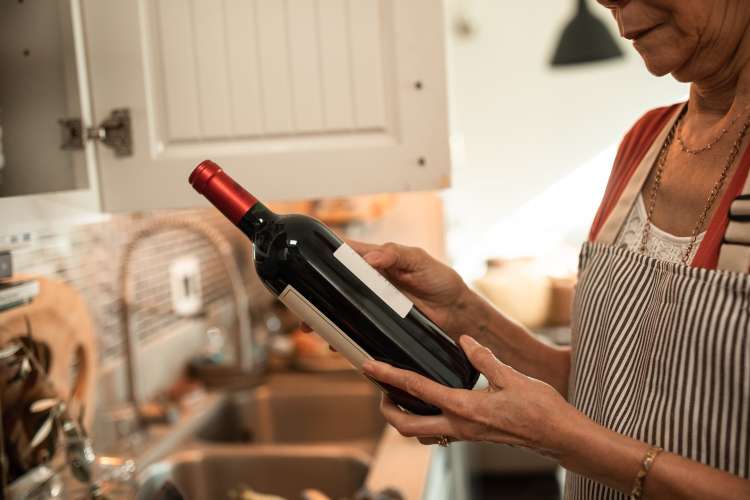Does Wine Freeze? How to Freeze Your Favorite Wine

Does wine freeze? Whether left over from a dinner party or unsampled portions from an interactive virtual wine tasting, sometimes you find yourself with an unfinished bottle of wine. Can you put wine in the freezer to keep it from going to waste? How can leftover wine be used in creative ways?
There are plenty of ways to save and use leftover wine, from incorporating it into cooking or turning it into a refreshing wine slushy. However, freezing wine comes with pros and cons. Let’s explore how and why wine freezes and some of the benefits and detriments of freezing that unfinished bottle.
Jump to Section
- Does Wine Freeze?
- What Temperature Does Wine Freeze?
- Can You Drink Frozen Wine?
- Should You Freeze Wine?
- Using Up Frozen Wine
Does Wine Freeze?
Temperatures are highly regulated by wine-makers throughout the entire growing and fermentation process. Adverse or inconsistent temperatures can affect the flavor, texture and color of wine. So, how does wine freeze?
Although alcohol has a very low freezing point (pure alcohol freezes around -174°F or 115°C), wine can and does freeze. With an average alcohol content that is fairly low, generally between 5.5-22%, wine can freeze over time, especially if forgotten after putting a bottle in the freezer to chill.
According to the food science department at North Carolina State University, the presence of soluble solids like sugar also contributes to the freezing point of an alcoholic liquid.

What Temperature Does Wine Freeze?
Because the freezing point of wine depends on its alcohol content, different types of wine freeze at different temperatures. Typically, white wines have a lower alcohol content than reds and therefore tend to freeze more easily.
The range is generally thought to be between 15-22°F or -5.6-9°C for most wines with an average alcohol content of around 12.5%. To achieve a solid freeze on wine, the temperature in the freezer must be lower than the freezing point of the wine. After about five hours or so, the wine should be mostly frozen solid. Wine frozen for only a few hours or at a temperature too near its freezing point will result in a wine slushy.

Can You Drink Frozen Wine?
Can you freeze wine for drinking? The short answer is yes. Although frozen wine is safe to drink, the freezing process can alter the flavor and texture of the wine. In most cases, wine is not recommended for drinking after being frozen.

Should You Freeze Wine?
Now that we know the answer to does wine freeze, we must consider whether or not we should freeze wine. Freezing wine comes with some benefits and caveats. Although freezing wine for drinking later is not recommended, there are some creative ways to make the most of an unfinished or accidentally frozen bottle.
Wine expands when frozen, so be sure to store it in a freezer-safe container with extra room for the liquid to expand so you don’t end up with a slushy mess or worse; a shattered bottle. Food & Wine recommends pouring leftover wine into an ice cube tray or plastic container with enough room for the wine to expand — even a meal prep container designed for prepping liquids.
Sparkling wines such as Champagne or prosecco that are carbonated should not be frozen since they have a risk of causing an explosion in your freezer due to the volatile combination of carbonation and expansion. Any break in the seal, such as a cork getting pushed out during the freezing process, can lead to oxidation and possibly turn your wine into vinegar.
Freezing wine can also cause changes in flavor due to the crystallization of organic compounds in the wine — and just like any other food left in the freezer too long, wine can experience freezer burn as the water evaporates due to the cold temperature.

Using Up Frozen Wine
Despite the drawbacks, there are a few ways to safely utilize and enjoy frozen wine. Leftover wine can enhance your cooking and help reduce waste. Keep some frozen cubes of wine in an ice cube tray, plastic bag or container in the freezer for a handy flavor-enhancer for stews, soups or risotto. Accidentally frozen wine can be thawed and made into wine vinegar for a tangy salad dressing. Frozen wine can also be made into a boozy slushy or fruity sangria.

So, does wine freeze? It does, and it can be a decent way to salvage what's left of an unfinished bottle. Next time a bottle of wine gets forgotten in the freezer or you find yourself with leftovers from a dinner party, keep in mind how to save those last sips from going to waste.
For even more wine tasting tips and techniques, check out other experiences happening on Cozymeal.

